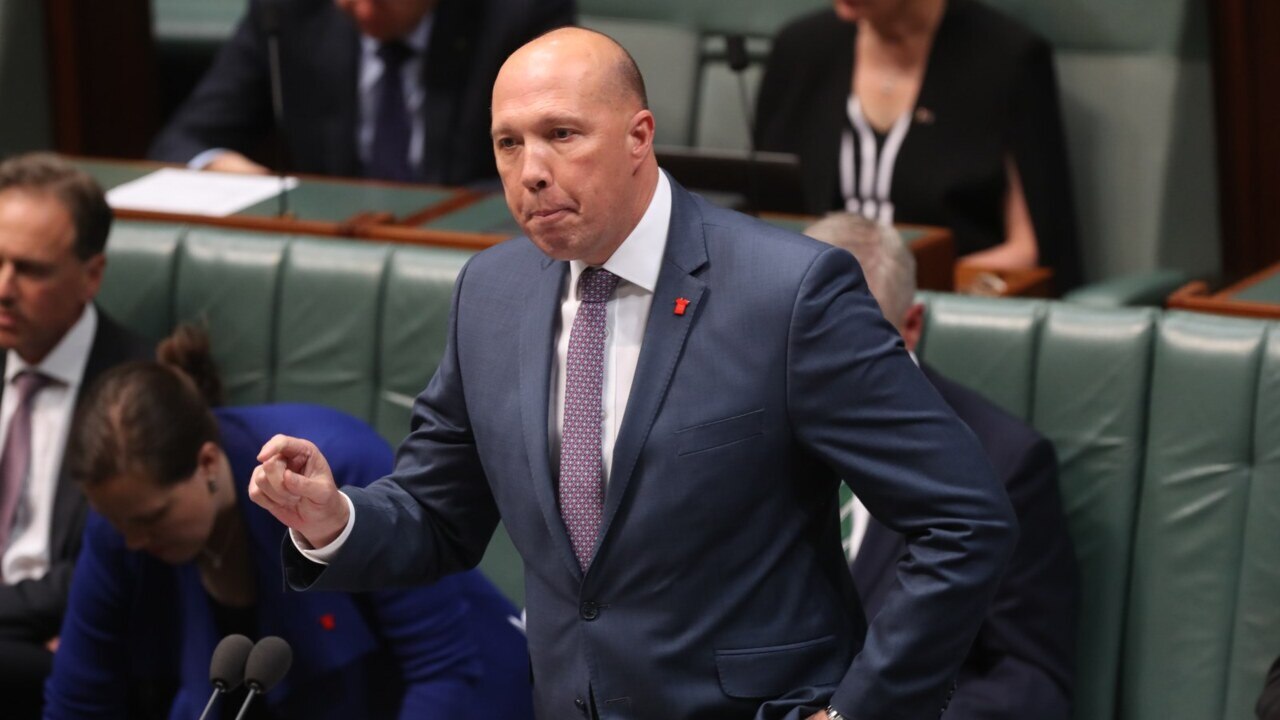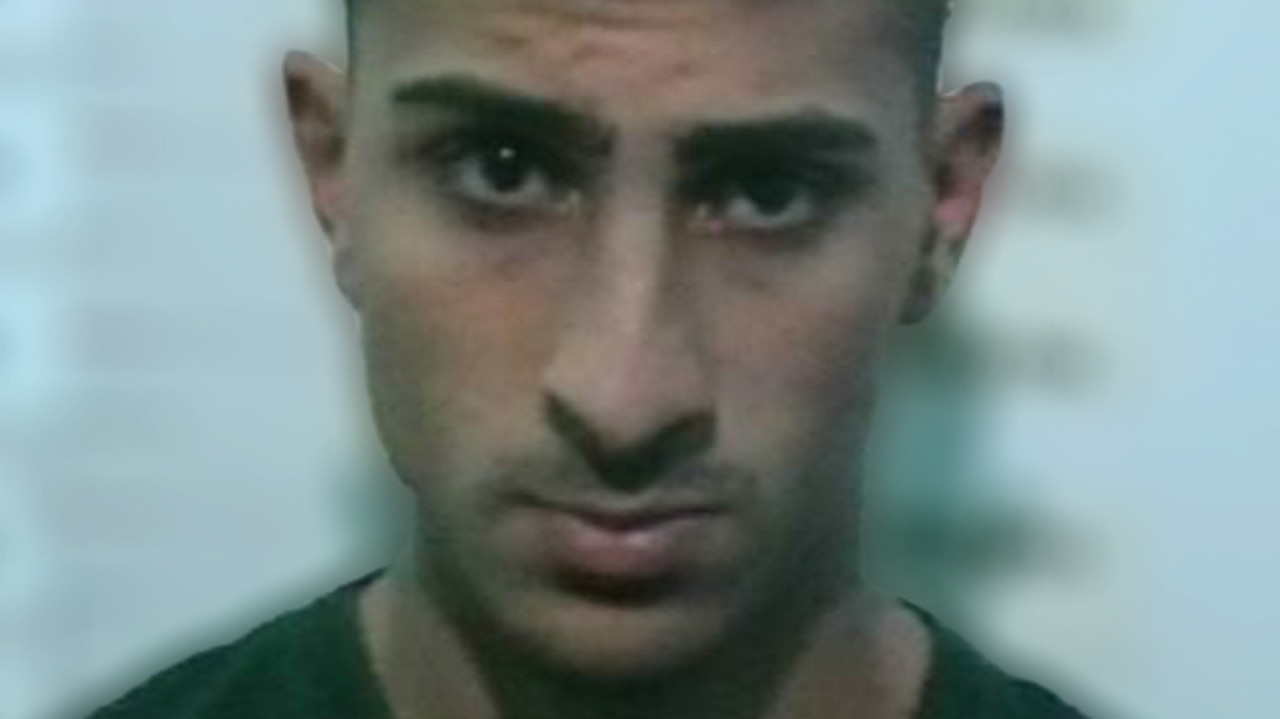Bid to banish terrorists the next national security test
Labor’s national security credentials will be tested further over proposed new laws to make it easier to strip dual-national terrorists of citizenship.

Labor’s national security credentials will be tested further tomorrow when parliament’s intelligence and security committee is expected to green-light the government’s proposed new laws to make it easier to strip dual-national terrorists of Australian citizenship.
The government is poised to bring on the bill for debate in parliament tomorrow in a challenge to Labor, which has signalled it will oppose it and deliver a dissenting committee report questioning the constitutional validity of the laws.
Home Affairs Minister Peter Dutton yesterday rejected Labor’s legal advice questioning the constitutionality of the citizenship-stripping bills.
He said he was relying on “strong advice” from the Solicitor-General.
Labor’s dissenting report will represent the first break in bipartisanship on national security legislation in five years.
While terrorists can already be stripped of their Australian citizenship while they are overseas, the government says it needs to extend those powers to protect the community from terrorists who are about to finish, or have finished, serving prison sentences in Australia.
Mr Dutton yesterday took the fight to Labor over national security, particularly over the issue of foreign fighters such as Neil Prakash, a Melbourne ISIS recruiter being held in Turkey.
Prakash was stripped of his Australian citizenship last December on the understanding that he was also a Fijian citizen, a claim later denied by Suva.
“We have a very significant issue with returning foreign fighters to our country,” Mr Dutton said. “I have said to you before, and I will repeat it again today, as the Prime Minister has: I will do everything within Australian law to stop those people coming back into our country to cause harm and injury to Australians.
“If Mr (Bill) Shorten and Mr (Mark) Dreyfus (Labor’s legal affairs spokesman) want to run the lawyer line to look for some technicality to allow these people to come into country, that is an issue for them,” he said. “But I can promise you it is not and never will be the policy of this government.”
The Department of Home Affairs has said the bill could apply to 18 criminals in Australia, five of whom are serving sentences and 13 who have been released.
“With the changes in this bill, a further 18 people who have been convicted of terrorism since December 12, 2005, would be brought within scope for consideration of citizenship cessation,” a Home Affairs official told the intelligence committee last month.
Labor Senate leader Penny Wong said Labor wanted to prevent Mr Dutton from expanding his powers.
She said the bill could lead to even more diplomatic difficulties.
“You don’t make Australians safer by giving an incompetent minister in Peter Dutton more powers,” Senator Wong said.
“That’s what the legislation that is proposed does.
“It gives Peter Dutton more subjective powers to declare someone a citizen of another country. We saw how well that worked with Neil Prakash.”
Fijian officials were upset after Canberra stripped the terror recruiter of his citizenship on the basis he was also a citizen of the Pacific nation.
Fiji rejected this, saying Prakash was not a citizen, nor entitled to citizenship.


